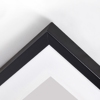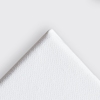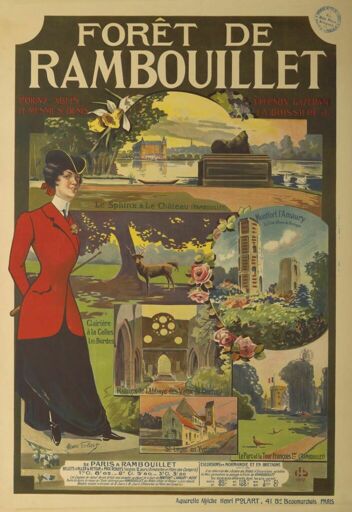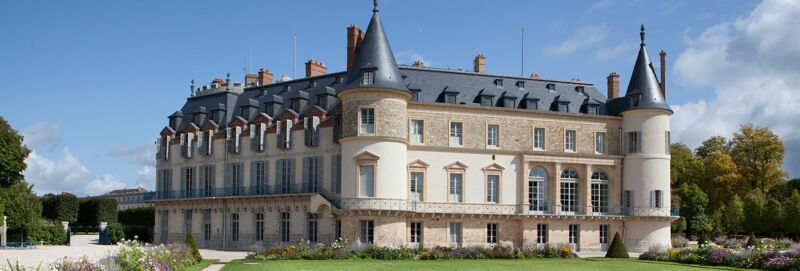Forêt de Rambouillet (framed canvas)
Choose color
Choose an atmosphere
{{ new Intl.NumberFormat('en').format(dimensions.legend.w) }} {{ dimensions.legend.unit }}
{{ new Intl.NumberFormat('en').format(dimensions.legend.h) }} {{ dimensions.legend.unit }}
Print type
Framed CanvasFramed Canvas
Giclee Print on Fine Art Giclee canvas mounted on a wooden frame and framed. For greater compliance with the original work, the print will cover the entire chosen format, the part of the canvas covering the sides of the frame remaining white. The frame consists of a wooden frame with a simple structure, the idea being to favor the work rather than the frame. We offer a choice of three finishes: natural wood, wood covered with a dark brown varnish and wood painted black. The reproduction will be shipped in protective packaging to be delivered in perfect condition.
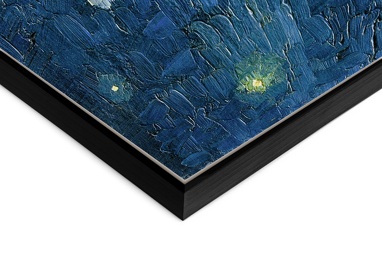



 Français
Français  English
English 

